You may also like
-
Insight13 November 2022
Cllr Tony Dyer, Leader of Bristol City Council
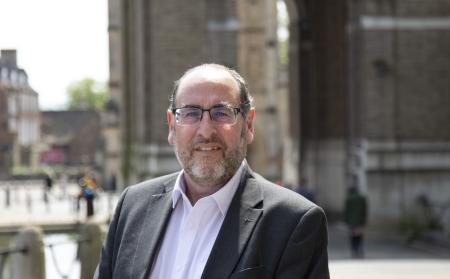
-
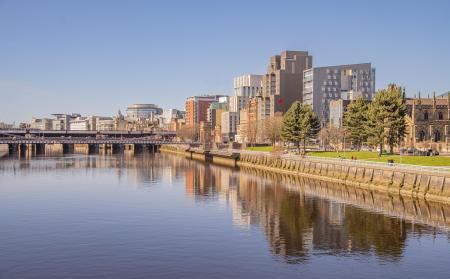
-
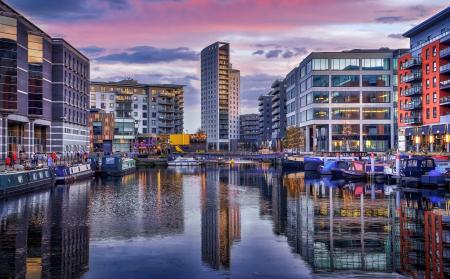
From Brunel to Banksy, Bristol has a long esteemed history of thinking differently and achieving great things.
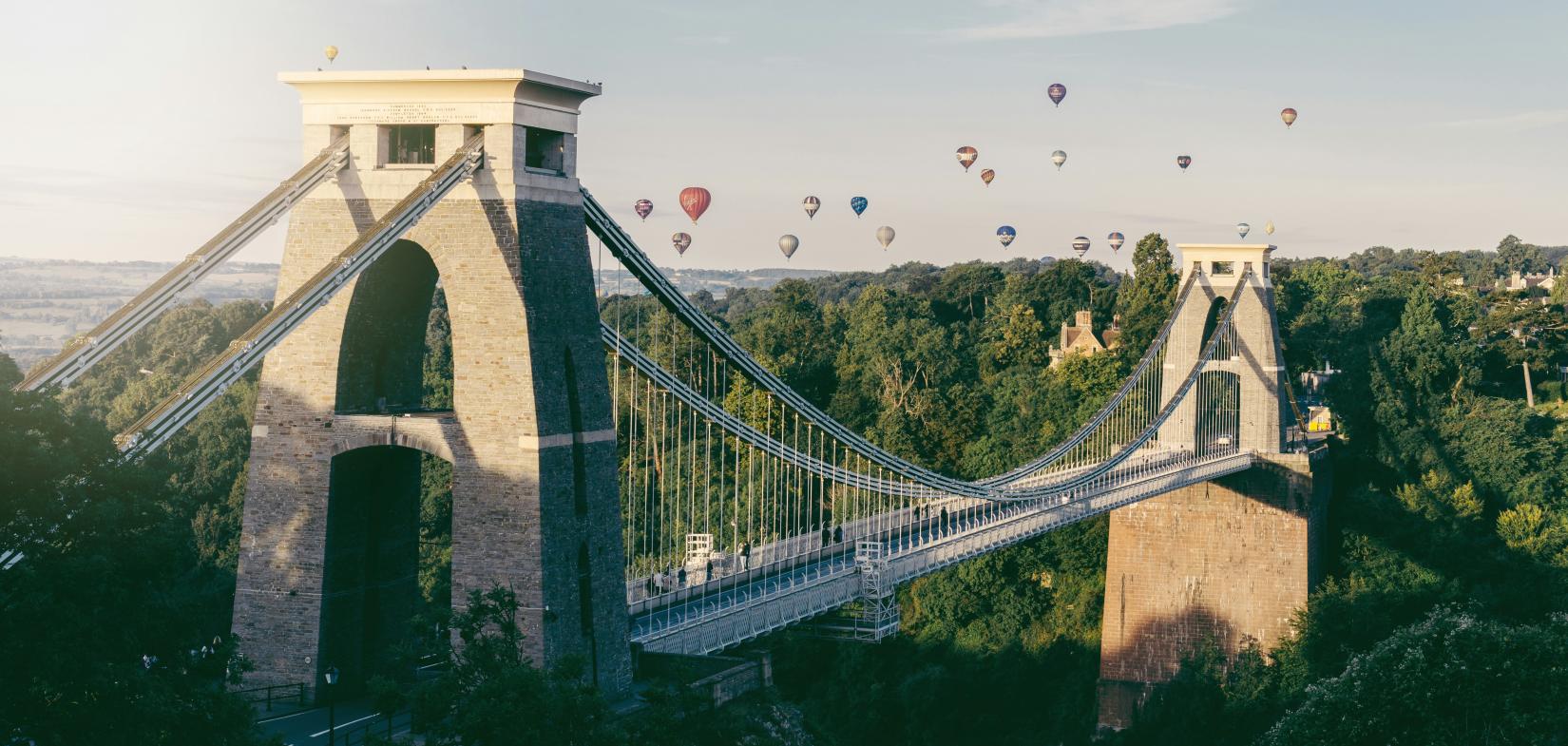
ONS data as of 2023 total population is 482, 988 up by 44,014 since 2013 which represents a 10.4% increase over 10 years
28.4% of the population are non-white
43,667 students aged 18+ are registered as being in full time education according to ONS data (2023)
Bristol is a proud City of Sanctuary welcoming and supporting refugees and asylum seekers
Our citizens are comprised of 287 different ethnic groups, over 187 countries of birth, and with over 91 languages spoken here.
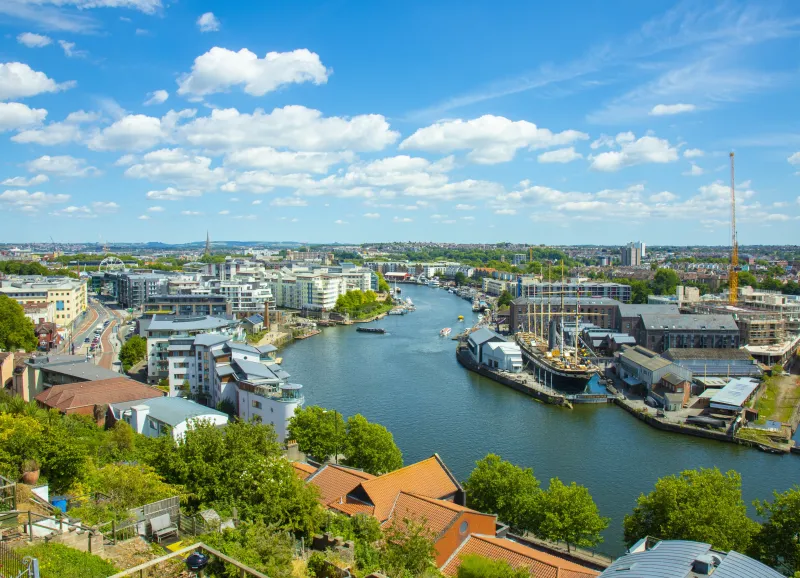
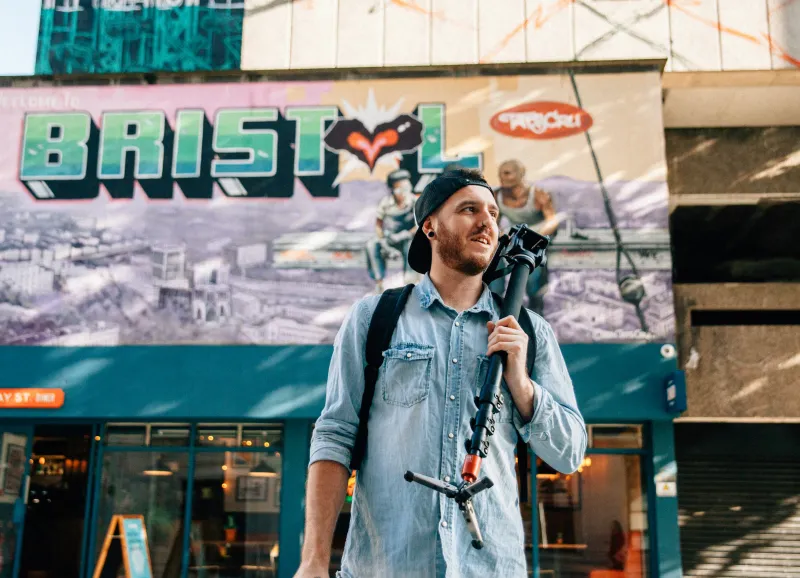
Bristol ‘s host over 6,000 cultural and creative organisations and businesses that generate £496 million a year.
Bristol is both a UNESCO Learning City, promoting learning opportunities for people of all ages and backgrounds and a UNESCO City of Film, a permanent global status that recognises the city’s achievements as a world leader in the field of film and moving image.
From Banksy to Brunel visitors come to see the iconic Clifton suspension bridge, the historic harbourside with its cultural and family attractions like the SS Great Britain.
The city celebrates black social history with projects like ‘Seven Saints of St Pauls’, a set of huge murals reaffirming the achievements of black Bristolians.
St Paul’s Carnival - Our regular celebration of African and Caribbean culture – in summer 2023 over 100,000 revelers celebrated in the heart of Bristol’s St Pauls neighborhood.
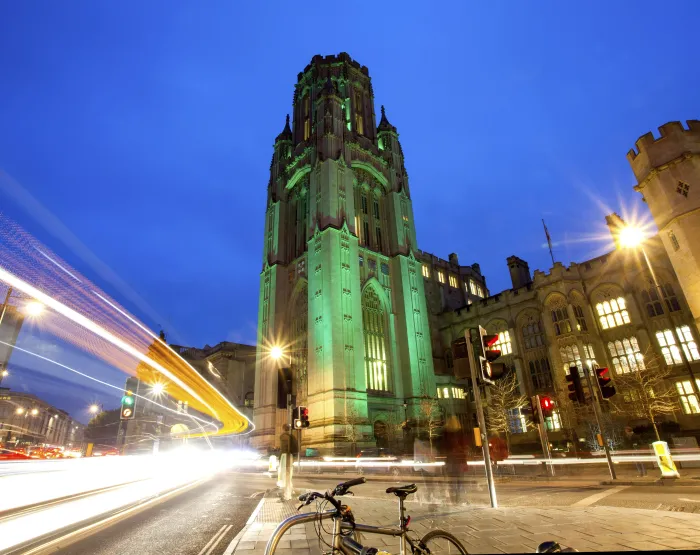
Bristol has developed collaborative relationships with other cities and global city networks such as: EUROCITIES UNESCO designations including City of Film G7 Urban 7 (via Core Cities UK) and ICLEI
It was one of the first cities in the world to assess our progress against the UN Sustainable Development Goals (SDGs): demonstrating our commitment to tackling social, economic and environmental issues.
Bristol is one of only 2 UK cities in the EU Mission for 100 Climate Neutral and Smart Cities. Bristol is twinned with seven cities around the world building cultural, educational, research and international development relationships
Bristol is one of the only net contributors to the exchequer and has grown faster than the regional average since 1998, recovering quickly from the pandemic.
Between 2004 and 2021, Bristol’s GVA nearly doubled, growing by 86 per cent, 31 percentage points more than England and Wales. Over this period, Bristol’s economy went from 1.3 percent of UK GDP to 1.5 per cent in 2022, becoming a more important part of the national economy.
As the city’s economic output has increased, so too has its number of jobs. The number of jobs in Bristol increased by 21 per cent since 2009 (when comparable jobs data becomes available), 4 per cent more than the rest of England and Wales.
Our economy boasts strengths in high tech, zero carbon, creative and professional services and is one of the UK’s fastest growing and most globally significant digital and tech clusters; with expertise including life sciences, cyber security, quantum, robotics.
Highest density of FinTech start-ups and scaleups outside of London.
Signature projects that are underway or recently completed:


